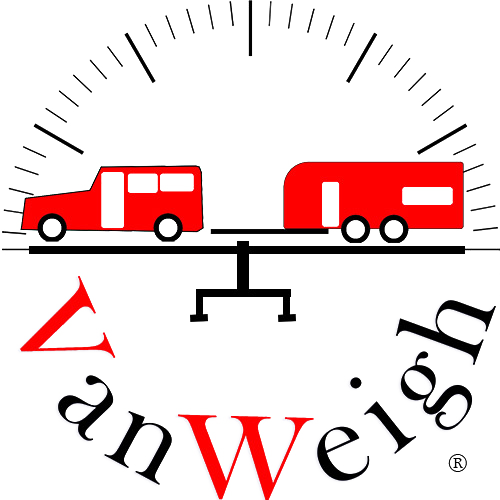Passenger Tyres vs Light Truck Tyres: What You Need to Know Before Towing A Caravan
When it comes to towing a caravan or hauling heavy loads, your tyres play a bigger role than you might think. Many tow vehicles roll out of the showroom fitted with Passenger (P) tyres, but for regular towing, Light Truck (LT) tyres are often the safer, more reliable choice.
If you’re planning long trips or towing a van, it’s worth considering both tyre type and whether your setup has been checked with a Caravan Weighing Sydney to ensure everything is safe and legal.
1. The Difference Between Passenger (P) Tyres and Light Truck (LT) Tyres
Passenger (P) Tyres
Designed for comfort, fuel efficiency, and handling in cars and SUVs.
Built with fewer reinforcing plies in the sidewall and tread.
Have a lower load-carrying capacity relative to their size.
Flexible sidewalls make for a smoother ride but increase sway under load.
Light Truck (LT) Tyres
Designed for heavier loads, towing, and off-road use.
Built with stronger sidewalls and more plies (often 6–10 ply ratings).
Can handle a higher load index and inflation pressures (up to 80 PSI).
Stiffer sidewalls reduce sway and improve stability, but give a firmer ride.
2. Why Tow Vehicles Are Often Sold with Passenger Tyres
It might surprise you, but many new tow vehicles come fitted with Passenger tyres straight from the dealer. Why?
Marketing and Comfort – P tyres provide a smoother, quieter ride for daily use.
Fuel Efficiency – Softer tyres reduce rolling resistance, improving fuel economy.
Compliance – Vehicles can still meet their minimum tow ratings with P tyres.
Cost – Passenger tyres are cheaper, helping reduce the showroom price.
Great for day-to-day driving, but not always the best choice once you hook up a caravan.
3. The Problem When Towing a Caravan
Here’s where the trouble starts:
Passenger tyres may be running at or above their maximum load rating while towing.
Extra sidewall flex leads to instability, sway, and increased heat build-up.
Heat is the number one killer of tyres — leading to faster wear or even blowouts.
Many drivers assume tyres are fine just because the car is “rated to tow.”
This is why a professional caravan weighing in Sydney or your local area is so important. It gives you the real numbers on what your car and van are carrying — so you know if your tyres are overloaded before hitting the highway.
4. Best Practice for Safe Towing
If you’re towing regularly, a few simple changes can make all the difference:
Upgrade to LT tyres with a higher load index.
Always check your tyre placard, load index, and inflation pressures as shown on the tyre sidewall.
Use a mobile caravan weighing service (like Vanweigh) to match tyre choice to your real-world load.
Try the Vanweigh tyre pressure calculator as a guide, but remember: pressures change depending on speed and surface.
Invest in a tyre pressure and temperature monitoring system for both car and van — so you can see how pressures rise during driving and adjust as needed.
5. Tyre Age Matters Too
Even if your tread looks fine, tyres don’t last forever.
The manufacture date is stamped on the tyre wall as a 4-digit code.
Example:
3920= Week 39, Year 2020.By September 2025, this tyre is already 5 years old.
Rule of thumb:
5–7 years is the safe working life.
10 years is the absolute maximum, no matter how much tread is left.
Caravans often age tyres out before wearing them out.
Regular caravan weighing checks also help identify if old tyres are being pushed too hard under load.


